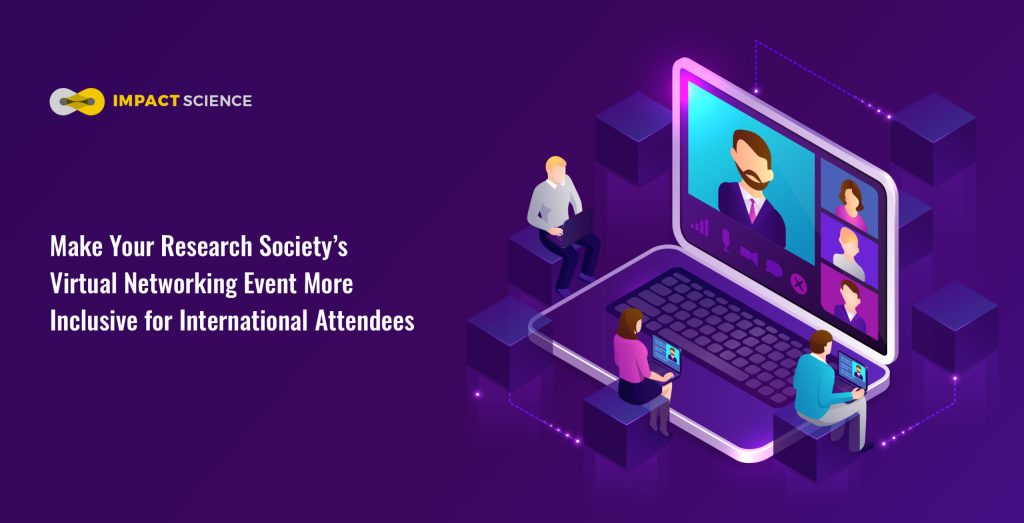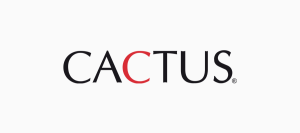Currently, it looks like we’re moving toward “normal,” with in-person academic conferences resuming or being planned for 2022. Some societies have even postponed their 2021 events to 2022, in hopes of attracting more in-person attendees. Nevertheless, many researchers strongly support a virtual component to in-person events, and such hybrid conferences are likely to be popular in the immediate future at least. And the undisputed advantage of a virtual event is that it is more accessible, particularly internationally, while the main disadvantage is that networking virtually is more challenging. Since international attendance has increased since conferences went virtual, it is worthwhile for societies and conference organizers to make “virtual networking events” more comfortable for researchers across countries.
1. When planning the event, consider international holidays and workweeks. The workweek in the Middle East is Sunday-Thursday, so an event scheduled on Friday may not find many takers from this area. Similarly, an event during the Lunar New Year is highly inconvenient for researchers from countries like China, Singapore, and Malaysia, as it infringes on one of their culture’s most important festivals.
2. Choose time slots that work for a majority of the audience. Slots between 10 AM and 6 PM EST fall into the normal sleeping hours for attendees from much of Asia, Australia, and New Zealand. Choose a time slot that allows maximum participation, such as 8.30 AM or 8 PM EST.
3. Test your platform to make sure it works across different countries and bandwidths. For instance, Facebook is banned in China, so if you expect a significant number of China-based attendees, don’t use Facebook Live for your event.
4. Avoid food- or beverage-based events. In countries like Japan or South Korea, eating at your workstation is not the norm. In other cultures, talking while eating is considered rude. Further, your event may be at a time when some attendees don’t normally eat or consume tea, coffee, or alcohol. Finally, attendees may feel embarrassed to eat in front of a camera or to eat foods that are drastically different from what their Western counterparts are eating.
5. Encourage attendees to state upfront what they would like to be called. “Charles Davis, PhD” shouldn’t be “Charlie” or “Charles” to some attendees and “Dr. Davis” or even “Sir” to others.
6. Make sure the moderator understands cultural differences and is experienced in intercultural communication. Moderating an international networking event calls for an understanding of different cultural norms around conversation, be it who should keep silent and when, who can interrupt whom and how, or whether looking downwards is a sign of respect or boredom.
7. Your moderator also needs to explain icebreakers and games fully. Not everyone has done a scavenger hunt before, so don’t assume that all attendees will immediately know what has to be done. Also, avoid games that rely on English-language skills, such as Pictionary. Make sure your games are culturally relevant or at least applicable across cultures (e.g., in Human Bingo, use “drinks coffee everyday” rather than “has Starbucks everyday”).
8.Include a chat option. Because everyone is not blessed with stable, high-speed Internet connections, the option to post a quick message can help attendees whose Internet fails or fluctuates mid-event. Also, it can be helpful to sort out misunderstandings due to accents, cadence, etc.
9. Avoid pre- and post-event gift packages and giveaways. Unless all attendees are equally able to receive them, regardless of where they’re located, don’t include any kind of gift package or giveaway. Nobody wants to get gift cards only to find that they can be used only in the continental US. Discount coupons for online resources (e.g., free entry to another virtual event) will be appreciated.
Virtual events are accessible to researchers across the globe and are much easier on the pocket for those from low-to-middle income economies. International participation increases the diversity of ideas and viewpoints under discussion, which benefits all participants. Therefore, organizers of online networking events need to focus on making these events inclusive for international researchers, which will ultimately improve the quality of scientific exchange.









